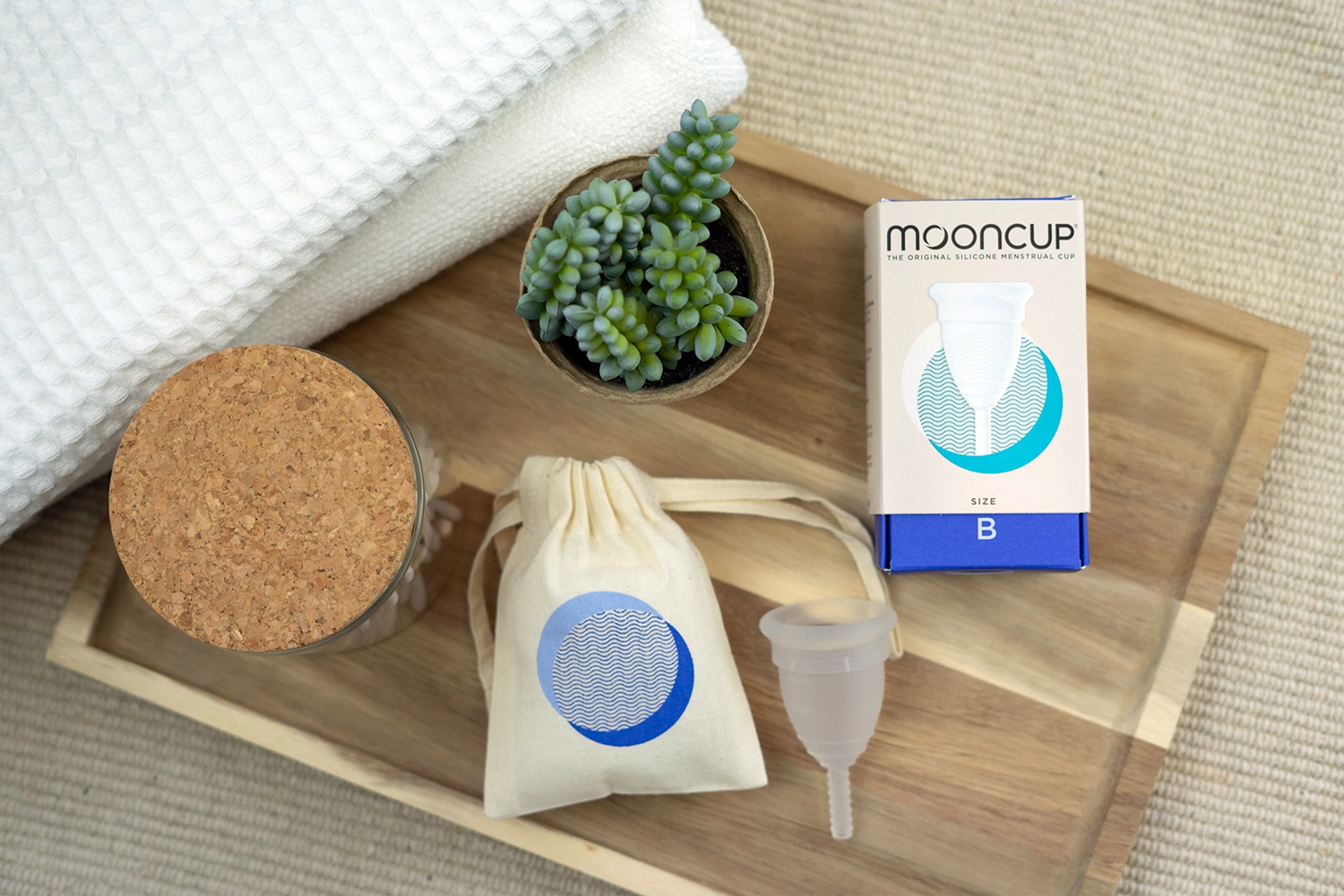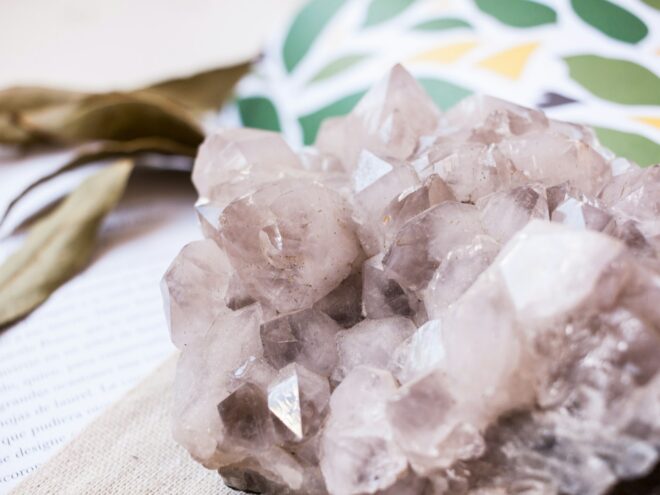Wellness • 01/13/2023
Is a Zero-Waste Period Possible? Top 5 Sustainable Period Products

Revivalist is a reader-supported endeavor and our posts may contain affiliate links. When you buy through links on our site, we may earn an affiliate commission.
Thousands carelessly dispose of menstrual products daily, with an inevitable future in a landfill. They are primarily composed of plastics or other materials that aren’t biodegradable. For humans trying to decrease environmental impact but keep a healthy menstrual routine, it’s possible to have a closer to zero-waste period. Here are the best sustainable period products to make your time-of-the-month guilt-free.
What Makes Period Products Unsustainable?
To see why sanitary products are unsustainable, it’s critical to understand what counts as period waste. An individual could go through 11,000 disposable sanitary products in their lifetime. This includes pads, tampons, liners, applicators and packaging.
Global initiatives are striving to spread awareness about the amount of plastic in period products — some pads have upwards of a 90% plastic composition. This means they take a long time to decompose. The chemicals found in them are not only harmful to those using them, but to the environment they end up in. They don’t just end up in landfill, but the blockages of improperly disposed sanitary products can harm waterways and aquatic life.
Green menstruation — or sustainable menstruation — can progress with education. The more awareness there is of the practical and environmental impacts of eco-friendly period products, humanity can dispel myths to propel sustainable action.
What Period Products Are Most Sustainable?
Sustainability in a product is multifaceted, containing many moving parts. It can include water usage creating the item to what happens after disposal. Therefore, it’s difficult for any product to be 100% sustainable. However, eco-friendly qualities for period products can include:
- Reusability or biodegradability
- Antimicrobial technology
- Omission of plastics
- Cost-effectiveness
- Sustainably sourced materials
- Ethical production environments
- Absence of harmful chemicals
You can also consider other qualities. Ensure companies use vegetable-based dyes and minimal packaging, so there aren’t any unintended complications when recycling or disposing of products.
With this in mind, these are the top recommendations for the most sustainable period products to save you money and the planet from waste.
1. Menstrual Cups
Makers create menstrual cups from silicone, an eco-friendly alternative to plastic and cotton. It is sustainable because it does not use fossil fuels to extract materials. Their durability helps their shelf life, and their composition prevents them from breaking down into toxic particles like microplastics.
Gynecologists often recommend menstrual cups for a few reasons:
- They decrease the risk of infection compared to pads and tampons.
- They are compatible with internal birth control, such as IUDs.
- They reduce the risk of toxic shock syndrome if cared for properly.
- They can be FDA approved and created with medical-grade silicone.
You can wear them for 8-12 hours, depending on the heaviness of the flow, and there are plenty of internet tutorials showing how to fold them for painless insertion. Some of the most well-regarded include the DivaCup and the Lena Cup, among others.
2. Period Underwear
Period underwear is an excellent supplement to another sustainable period product, like a menstrual cup, or you can use them on their own. Varying in thickness based on flow, you could collect a range to carry you throughout your whole cycle.
Top brands create everything from standard bikini cuts to gender-neutral boxer briefs that are leakproof and comfortable, including:
- Thinx
- Modibodi
- Pyramid Seven
- Aisle
- Dear Kate
Organic pads and period underwear are better for the environment, given the footprint of cotton production — so keep an eye out for that in product descriptions.
3. Reusable or Biodegradable Pads
One of the most deceptively environmentally damaging facets of a pad is the wings. The adhesives make them hard to degrade, despite the fact they provided people who menstruate relief in the 1970s. A pad’s signature woven cotton look is a combination of plastic — polypropylene and polyethylene.
You can switch to reusable or biodegradable pads to escape these harmful aspects of standard pads. Many exist, such as the Rael organic cotton cloth pad. Sustainable developments worldwide are finding new ways to create biodegradable sanitary products, including using agricultural materials to reduce single-use plastic.
4. Reusable Tampon Applicator
You may wonder how a reusable tampon applicator could be eco-friendly if the tampon still ends up in the trash. Being disposable doesn’t mean it can’t be sustainable since it could contain other qualities mentioned above. You could even choose to compost applicator-free tampons in your compost if the tampons are made of natural, chemical-free materials, making it a zero-waste method.
Reusable tampon applicators could provide a comforting, familiar avenue for those hesitant to try other products until they become confident. A notable market contender is Dame, which produces impact reports in its initiative to spread intersectional period positivity.
5. Menstrual Discs
These are similar to menstrual cups but sit in a different location. Menstrual cups rely on suction, whereas discs do not and rest higher to stay in place. Like cups, they are usually silicone and use similar cleaning methods, making them just as long-lasting and hygienic.
If you’re choosing between them, it all depends on what you find most comfortable to wear and remove. Some popular brands include the Cora and Flex discs, which you can wear for up to 12 hours.
What Impact Will I Have on the Environment?
Switching to sustainable period products could be a game-changer for your wallet and the environment. The fewer people purchase single-use period products, the more corporations will begin shifting to greener alternatives.
Subscribe to Our Weekly Newsletter
We would love to connect deeper with you!


